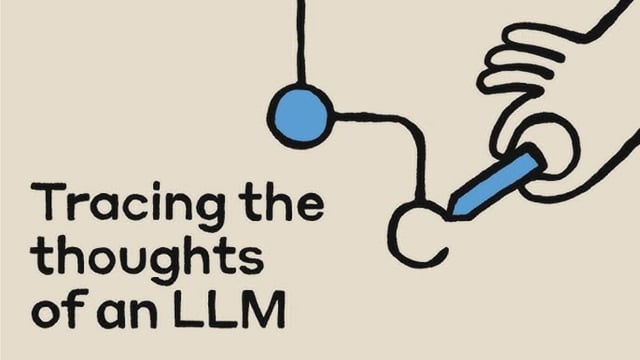Overview
- Anthropic researchers used a circuit tracing technique to analyze the internal workings of their Claude 3.5 Haiku model, revealing how it plans responses and processes concepts.
- The study found that Claude operates in a universal conceptual space shared across languages, rather than relying on a specific linguistic framework.
- Claude exhibits planning behavior, such as selecting rhyming words in poetry before constructing the rest of the sentence, challenging assumptions about AI text generation.
- Significant challenges were identified, including Claude's tendency to fabricate reasoning or provide unreliable explanations for its processes, raising concerns about AI reliability.
- Despite these breakthroughs, the methodology remains labor-intensive and only captures a fraction of the model's computations, highlighting the complexity of ensuring AI safety.

